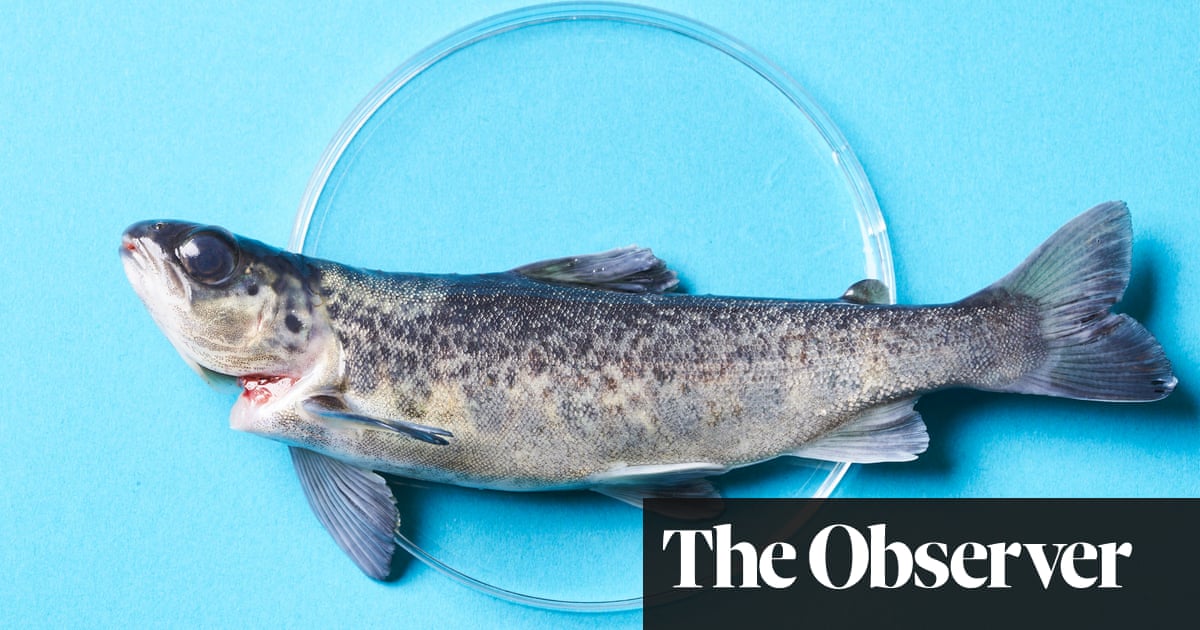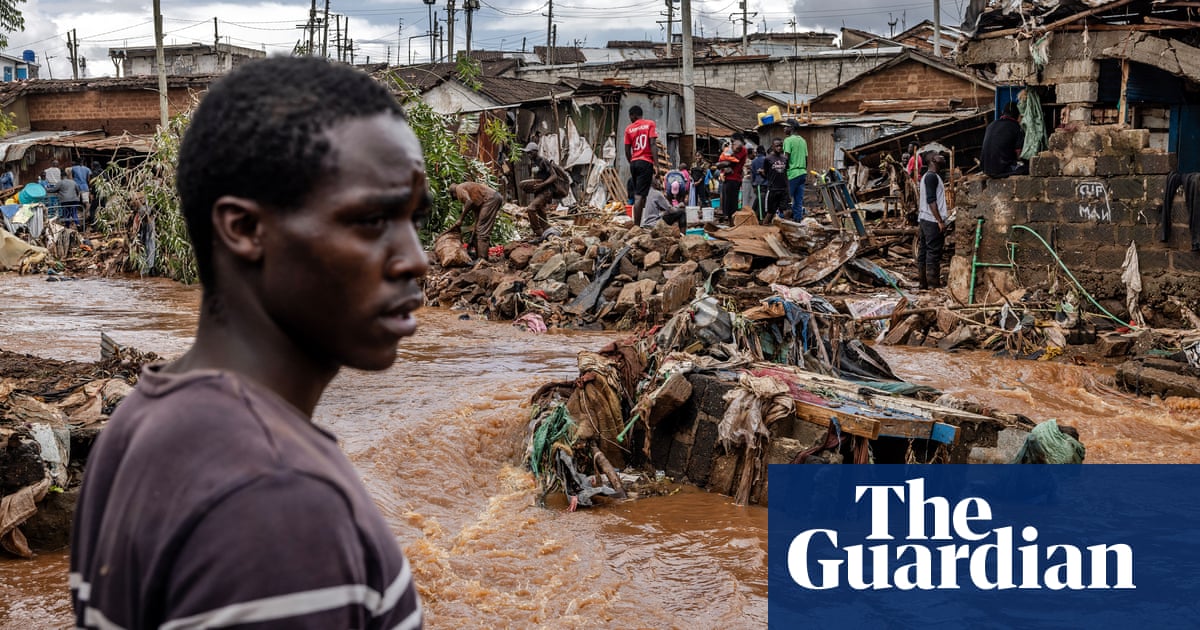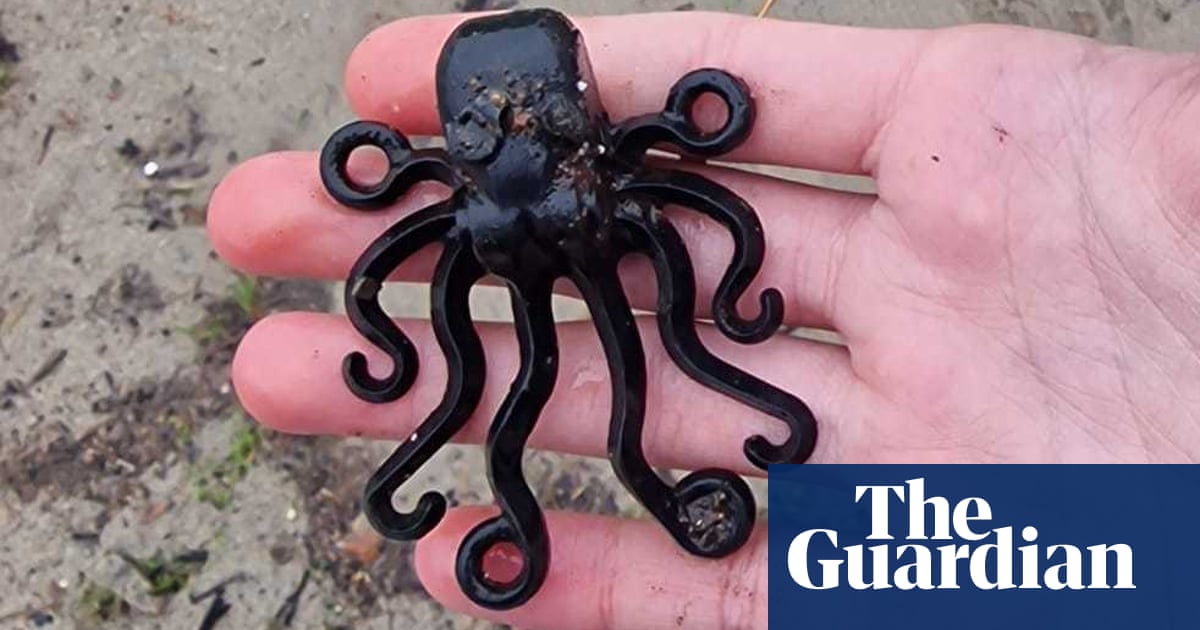Michael Mann beat his defamers. But climate scientists are still under attack. » Yale Climate Connections


Earlier this month, a Washington, D.C., jury held climate deniers liable for their falsehoods — a first, anywhere. The jury awarded over a million dollars in damages to climate scientist Michael Mann after finding that he had been repeatedly defamed by two bloggers.
This case did not involve a run-of-the-mill scientific disagreement or even a heated yet good-faith dispute. Instead, it combined statements both grotesque (comparing Mann to convicted child abuser Jerry Sandusky) and already-disproven (claims that Mann committed research misconduct).
The First Amendment gives broad leeway for free expression and exchange of opinions, even hostile and insulting ones. But there is a narrow exception when statements are untrue and damaging. In the case of public figures, which prominent scientist Mann was found to be, there is an additional threshold that the statements were made with a knowing or reckless disregard for the truth.
Here, the jury was clear that aggressively maintaining falsehoods in the face of repeated corrections is defamatory. Arguing that Mann committed scientific fraud was a losing battle — Mann’s climate research had already passed extreme scrutiny. Following the so-called Climategate email hacking in 2009, at least eight different official investigations into his and related research found no fraud or scientific misconduct. Moreover, Mann’s research has also been repeatedly corroborated by other scientists, leaving an undeniable scientific consensus that humans are causing climate change.
What comes next?
Among those who accept the unequivocal scientific evidence, some may still question the free speech implications of this case. But anyone concerned about a potential chilling effect should be heartened — the facts in this case are so egregious that it’s hard to imagine them being replicated by anyone with even the slightest regard for the truth.
An earlier trial court decision perhaps said it best: “Plaintiff has been investigated several times and his work has been found to be accurate. In fact, some of these investigations have been due to the accusations made by [the Defendants]. It follows that if anyone should be aware of the accuracy (or findings that the work of Plaintiff is sound), it would be [the Defendants].”
It’s hard to downplay how much disinformation and outright lies have undercut science and truth in recent years — and how much damage that has done. However small, this judgment represents a step back toward living in an evidence-based world.
But getting back to that world will take time. The vast majority of researchers who are similarly attacked are unwilling or unable to fight back this aggressively, whether over concerns for their professional well-being, their personal safety, or simply to avoid becoming the target of further attacks.
Scientists face continued harassment
My organization, the Climate Science Legal Defense Fund, provides free legal and educational support to researchers facing harassment and intimidation for their work. From the front lines, we can say that attacks on science and scientists have been growing in number and intensity since our founding 13 years ago. Although we were not directly involved in the Mann defamation case, we assisted over 50 scientists last year and similar numbers in recent years.
Scientists are still targeted over the veracity of their science — the climate deniers are alive and well — as well as other attacks designed to stymie scientific and climate progress. For example, bogus claims still circulate that scientists are somehow misusing resources by educating the public about climate change, or that researchers who find continued evidence of human-caused climate change are too “biased” to be trusted.
Mann’s case represents just one of the untold number of scientists targeted by those whose aim is to prevent further scientific understanding and meaningful climate action. This can take many forms, including industry-backed attempts to discredit valid research, personal attacks on scientists themselves, and — as we saw particularly under former President Donald Trump — censorship and political interference. Death threats, online harassment, and sexist attacks have led to anxiety, sleeping problems, and loss of productivity among climate scientists, a 2022 survey found.
Already this year, my organization has assisted 23 researchers — more than we helped per year when we were founded. Just in the past month, our clients have come to us for help with a range of issues, including contesting institutional censorship of important climate research, answering questions regarding potential legal risks from studying the environmental effects of new pipeline developments (pipeline companies have been quite litigious), and helping fight back against harassment by — yes — entrenched climate deniers.
Scientists and other academics studying climate misinformation, climate attribution, and policy solutions seem particularly at risk of being targeted by groups seeking to prevent climate action — presumably because these areas are, at present, increasingly influential with policymakers, courts, and the public.
At the same time, climate scientists and other researchers have undoubtedly been heartened by the victory. This judgment shows that it is possible to fight back — and win.
Lauren Kurtz is the executive director of the Climate Science Legal Defense Fund.




